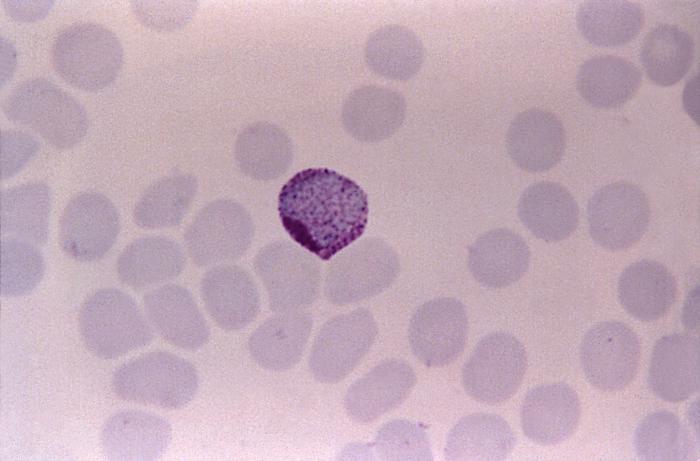
For the first time in 20 years, the United States recorded locally acquired malaria cases last year. A report published late last week in Morbidity and Mortality Weekly Report details the 10th US case, in Arkansas. The previous cases were in Florida, Texas, and Maryland.
Since the 1970s, cases of travel-associated malaria have ticked upward in the United States, with 2,048 such cases recorded in 2019 by the Centers for Disease Control and Prevention (CDC).
The authors explained the Anopheles mosquito species present across the United States can acquire Plasmodium infection from patients with travel-associated malaria. The mosquitoes can then transmit the parasite to people who haven't traveled.
No travel history
In September of 2023, a resident with no travel history in Saline County, Arkansas, was hospitalized after 10 days of illness. In addition to no recent travel, the person had no record of blood transfusion, organ transplant, or other bloodborne pathogen exposure.
Blood-count analysis was suggestive of malaria, and a pathologist's review of thick and thin blood smears verified the presence of Plasmodium vivax/Plasmodium ovale gametocytes. This finding was later confirmed by the CDC.
Although the risk for locally acquired malaria in the United States remains very low, its reemergence highlights the importance of vectorborne disease preparedness and response efforts.
"As of September 2024, no additional autochthonous malaria cases had been identified in Arkansas," the authors said. "Although the risk for locally acquired malaria in the United States remains very low, its reemergence highlights the importance of vectorborne disease preparedness and response efforts."















